AeroGenie — Il tuo copilota intelligente.
Tendenze
Categories
Delta Does Not Place Order for Airbus A380
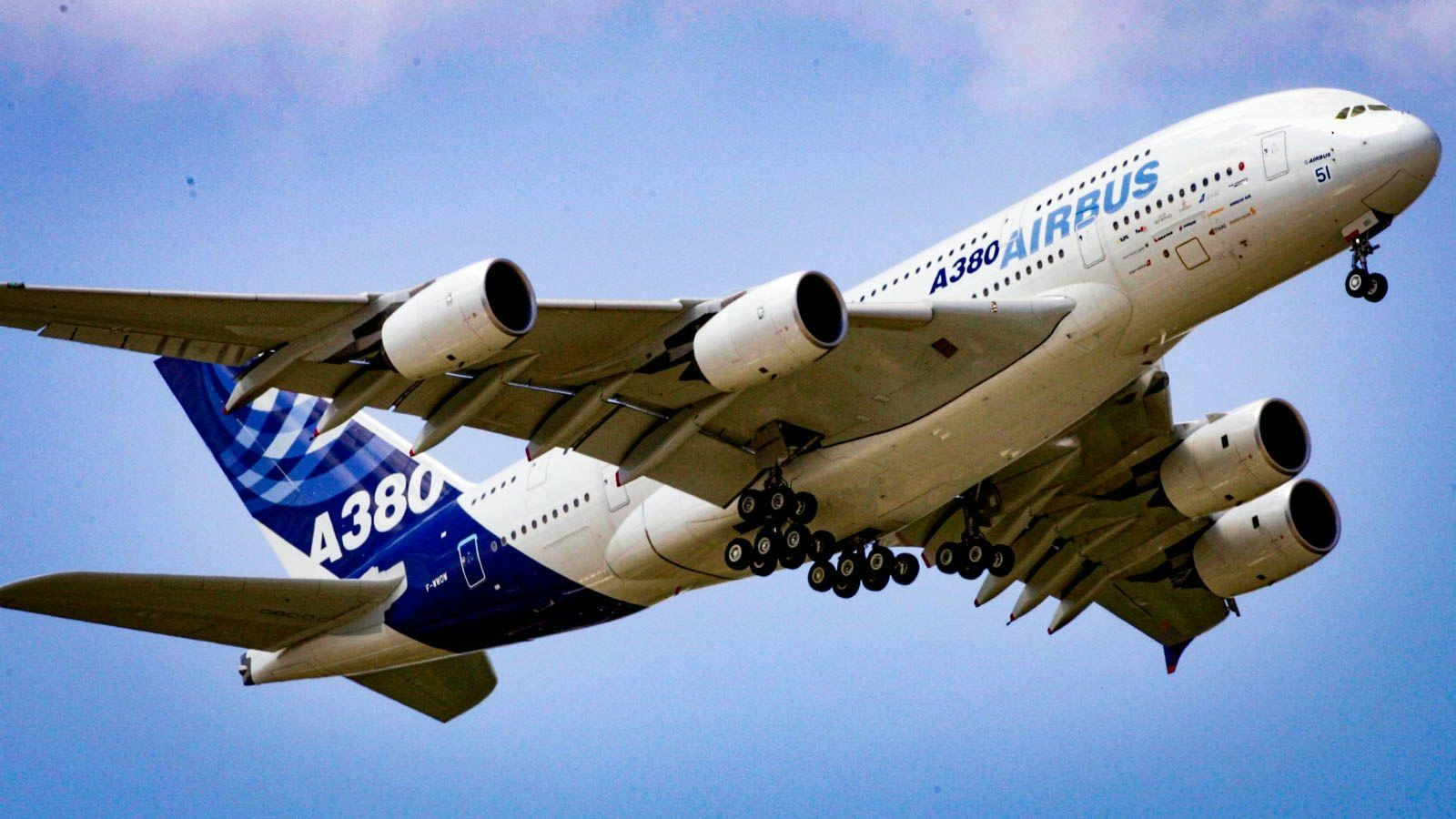
Delta Air Lines Opts Against Airbus A380 Acquisition Amid Strategic and Market Considerations
Delta Air Lines has consistently refrained from incorporating the Airbus A380—the largest passenger aircraft globally—into its fleet, despite ongoing speculation and industry interest. Although Delta’s expansive global network and substantial passenger volumes might suggest a natural fit for the double-decker jet, the airline has steadfastly declined to place an order. This stance aligns with the broader trend among major U.S. carriers, none of which have ever purchased the A380.
Strategic Alignment and Operational Considerations
Unlike many international airlines that operate through a single hub and rely on the A380’s high capacity to consolidate passengers, U.S. carriers such as Delta, United Airlines, and American Airlines typically maintain multiple hubs and prioritize point-to-point travel. This operational model diminishes the need for ultra-large aircraft, favoring instead more versatile widebody jets that offer greater flexibility in routing and scheduling. Delta’s leadership has publicly emphasized that the A380 does not align with the airline’s network strategy or operational requirements.
In 2014, speculation intensified when aircraft lessor Amedeo suggested that Delta could benefit from the A380’s low per-seat operating costs, particularly if configured for high-density seating. Amedeo posited that the aircraft could generate increased premium revenue and annual profits on high-demand routes, and at the time, held orders for the A380 in hopes of influencing Delta’s decision. Nevertheless, Delta remained unconvinced, a position that has since been validated by the evolving dynamics of the U.S. aviation market.
Market Dynamics and Financial Performance
The broader industry context has further complicated the case for acquiring large aircraft like the A380. Supply chain disruptions and production delays have extended the service life of older jets, making fleet renewal decisions more complex. For Delta, this environment underscores the importance of maintaining a modern and adaptable fleet rather than committing to a single, high-capacity aircraft type.
Delta’s recent financial results highlight the effectiveness of its current strategy. In the third quarter of 2025, the airline reported a 14% increase in earnings alongside record revenue, driven by strong travel demand, particularly in premium cabins. This performance contrasts with some competitors; while legacy carriers such as Delta and United capitalize on the travel surge, others, including JetBlue, face challenges related to cost pressures and diminished pricing power.
Delta’s decision to forgo the Airbus A380 thus reflects a deliberate commitment to operational flexibility and responsiveness to shifting market conditions. As the airline industry continues to navigate supply chain constraints and evolving demand patterns, Delta’s approach appears to be yielding positive results without the need to incorporate the world’s largest passenger aircraft into its fleet.
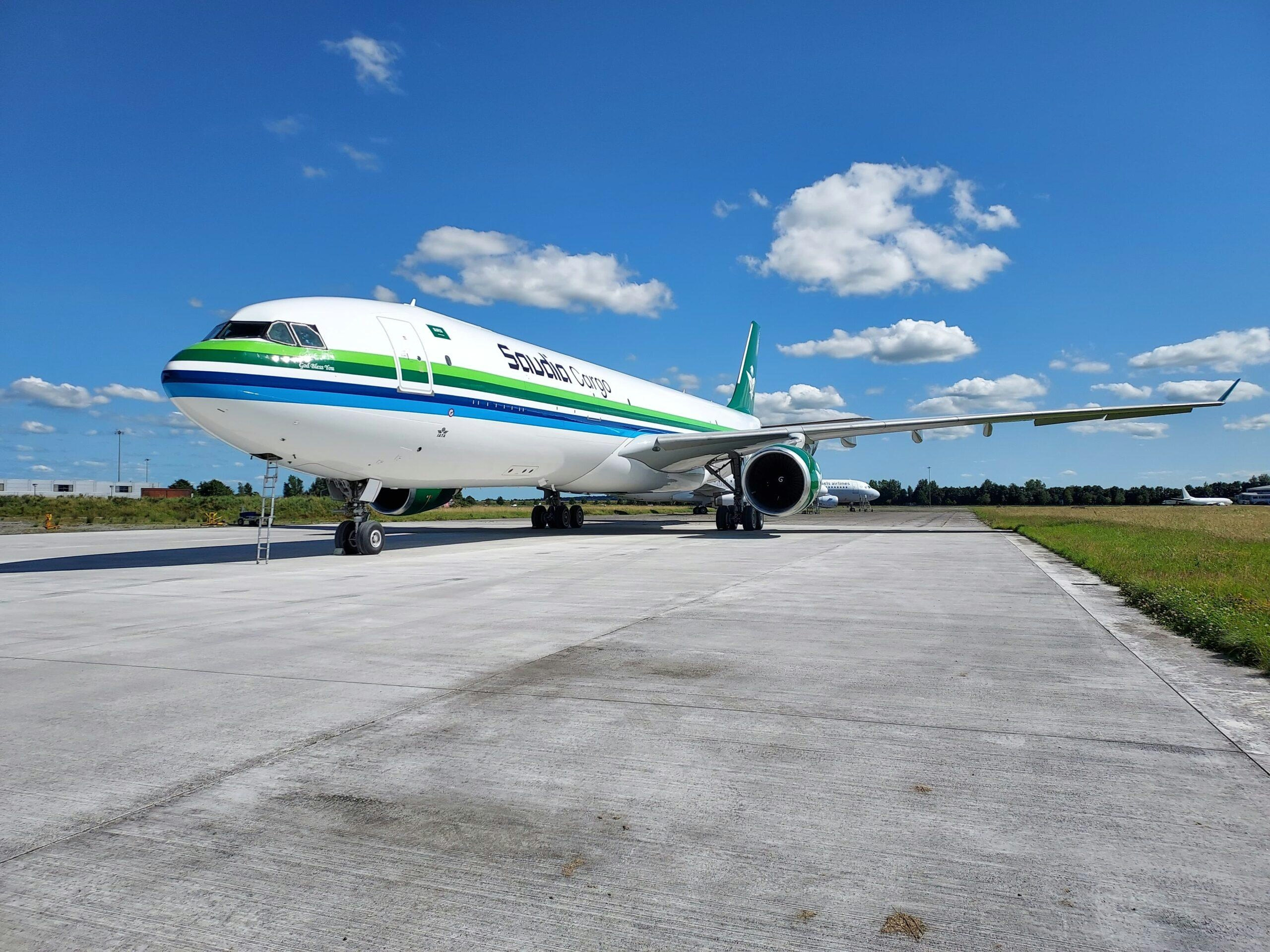
AJW Group Renews Partnership with ASL Aviation to Support A330ceo Fleet
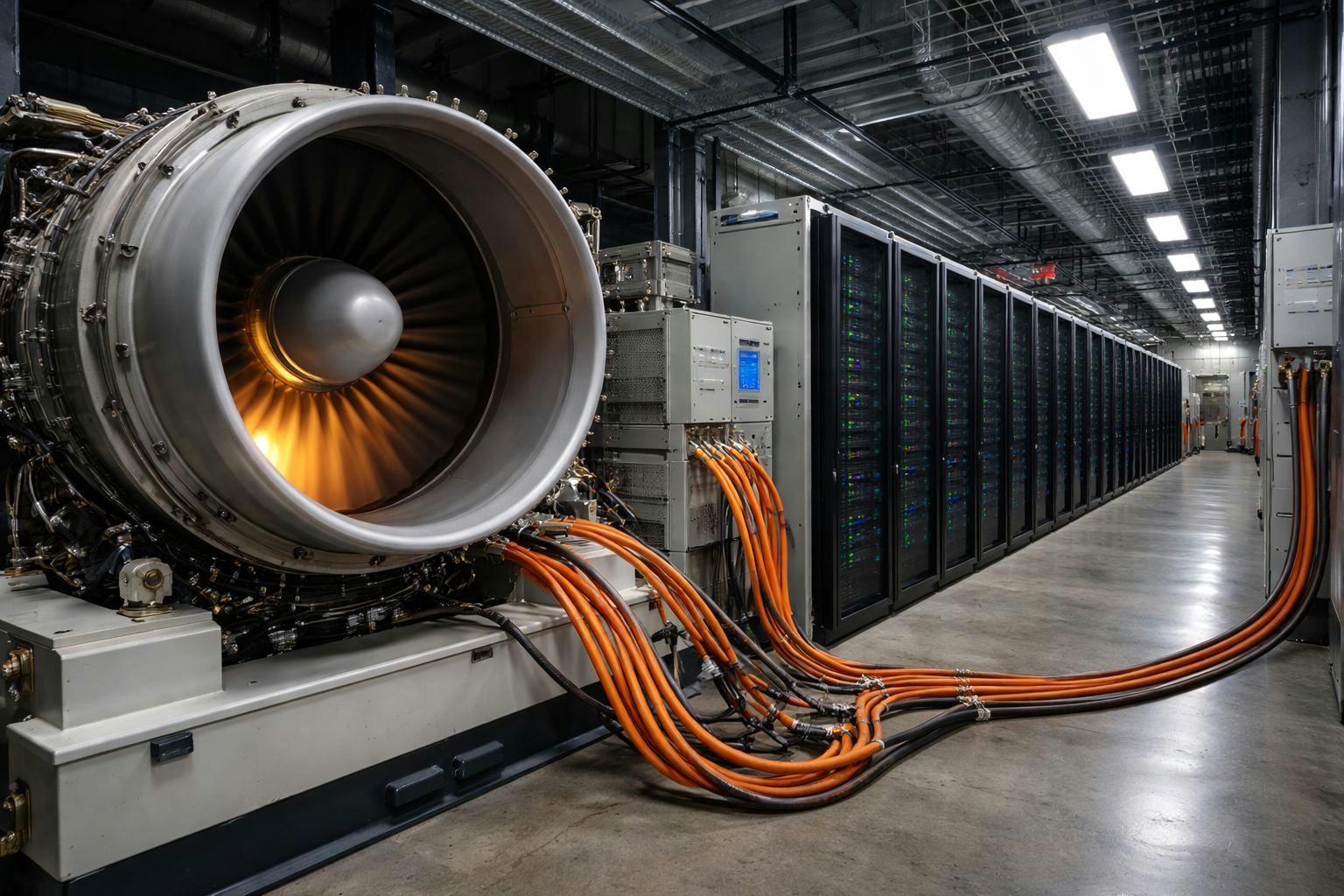
Could AI Cause a Jet Engine Shortage Similar to the Chip Crisis?

Joint Statement from UK Space Agency, MHRA, Regulatory Innovation Office, and Civil Aviation Authority
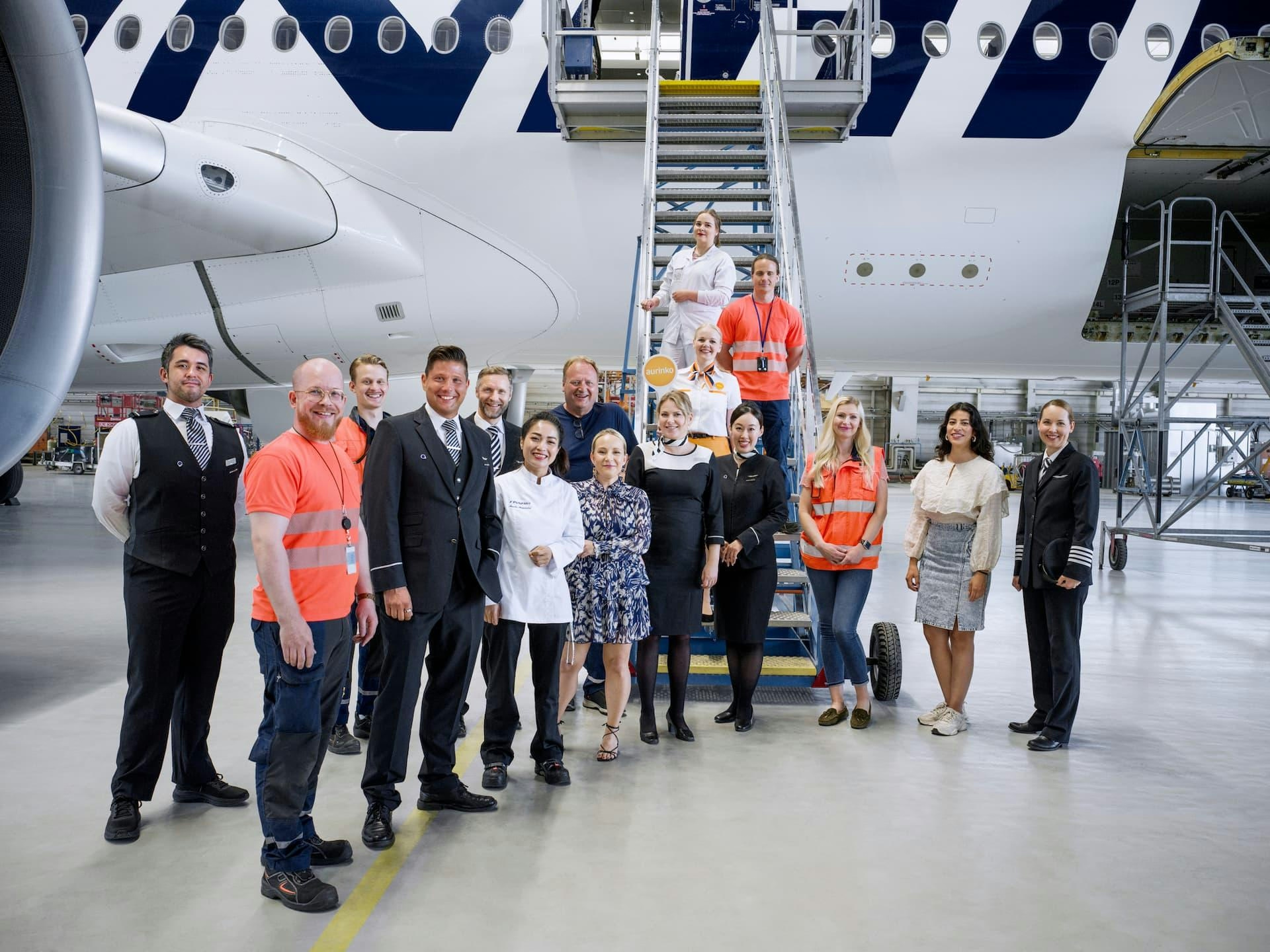
Finnair's Commitment to Sustainable Aviation and Value Chains

Women Leaders Shaping the Future of Passenger Experience
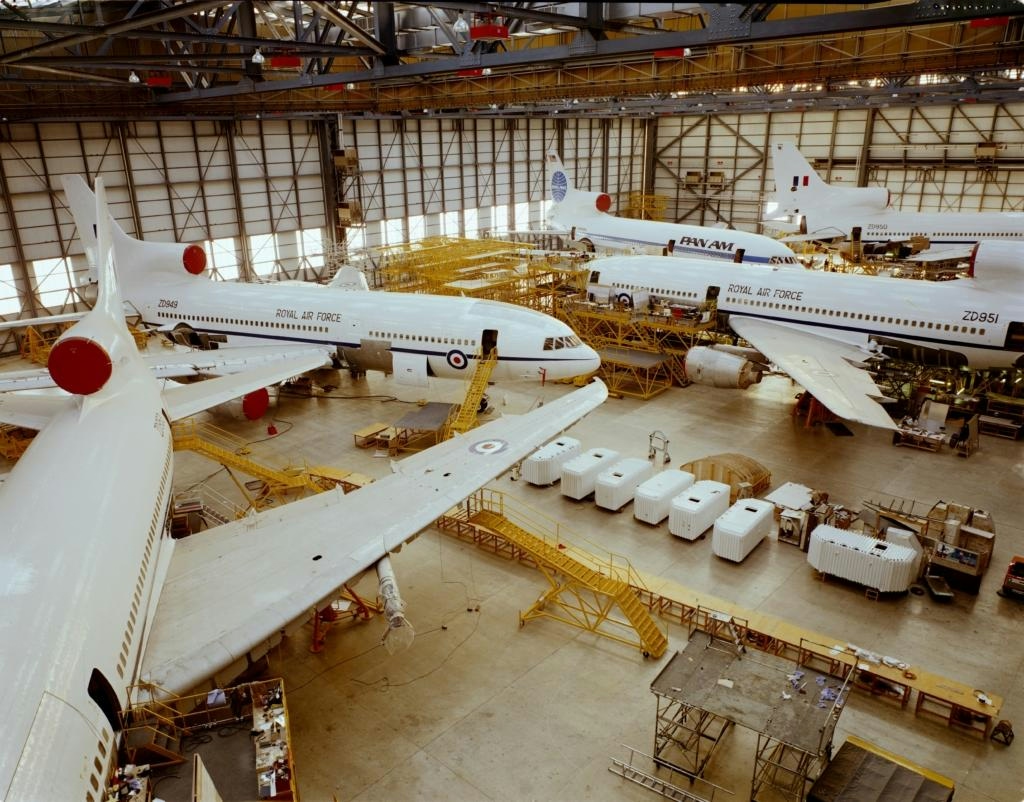
Marshall Aerospace’s 115-Year Evolution from Cars to C-130s

Advancing Sustainable Aviation Goals for 2050
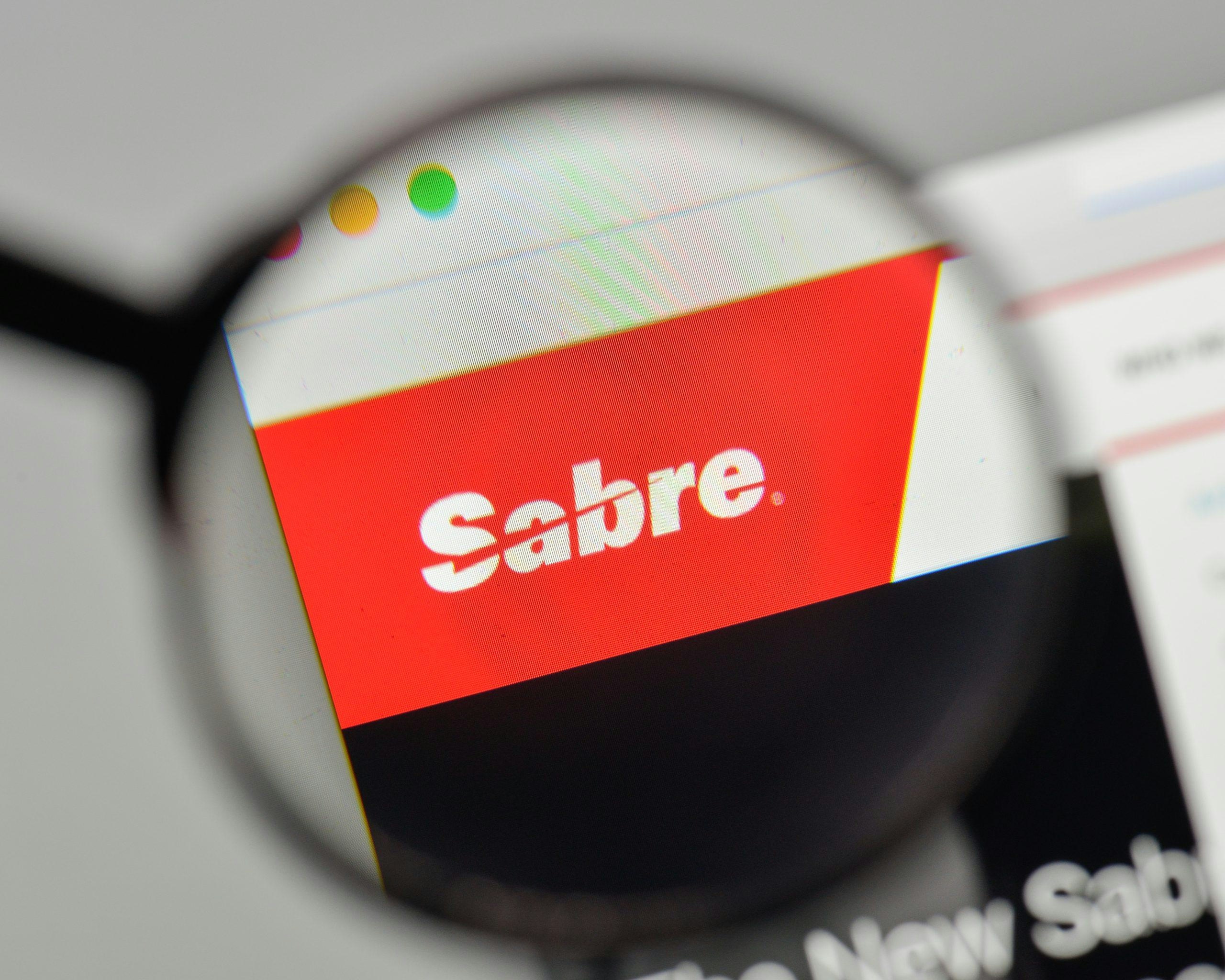
Sabre Introduces New AI-Driven Platform
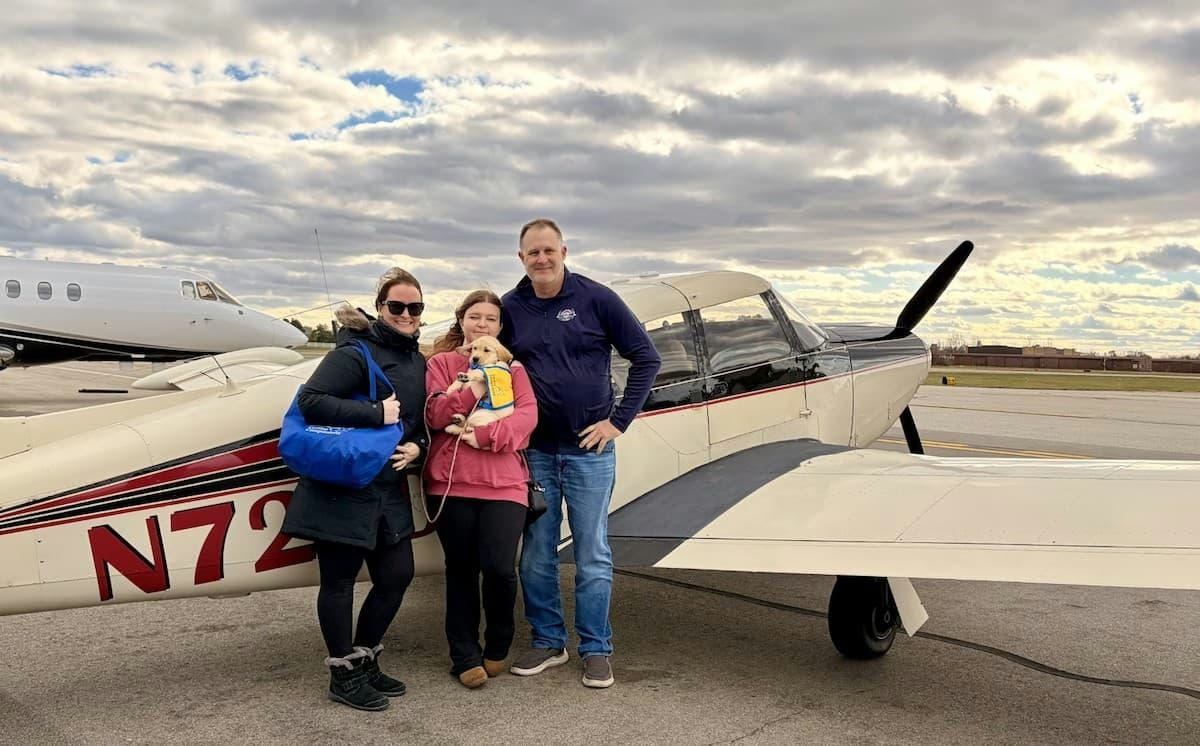
Photo of the Day: Special Delivery
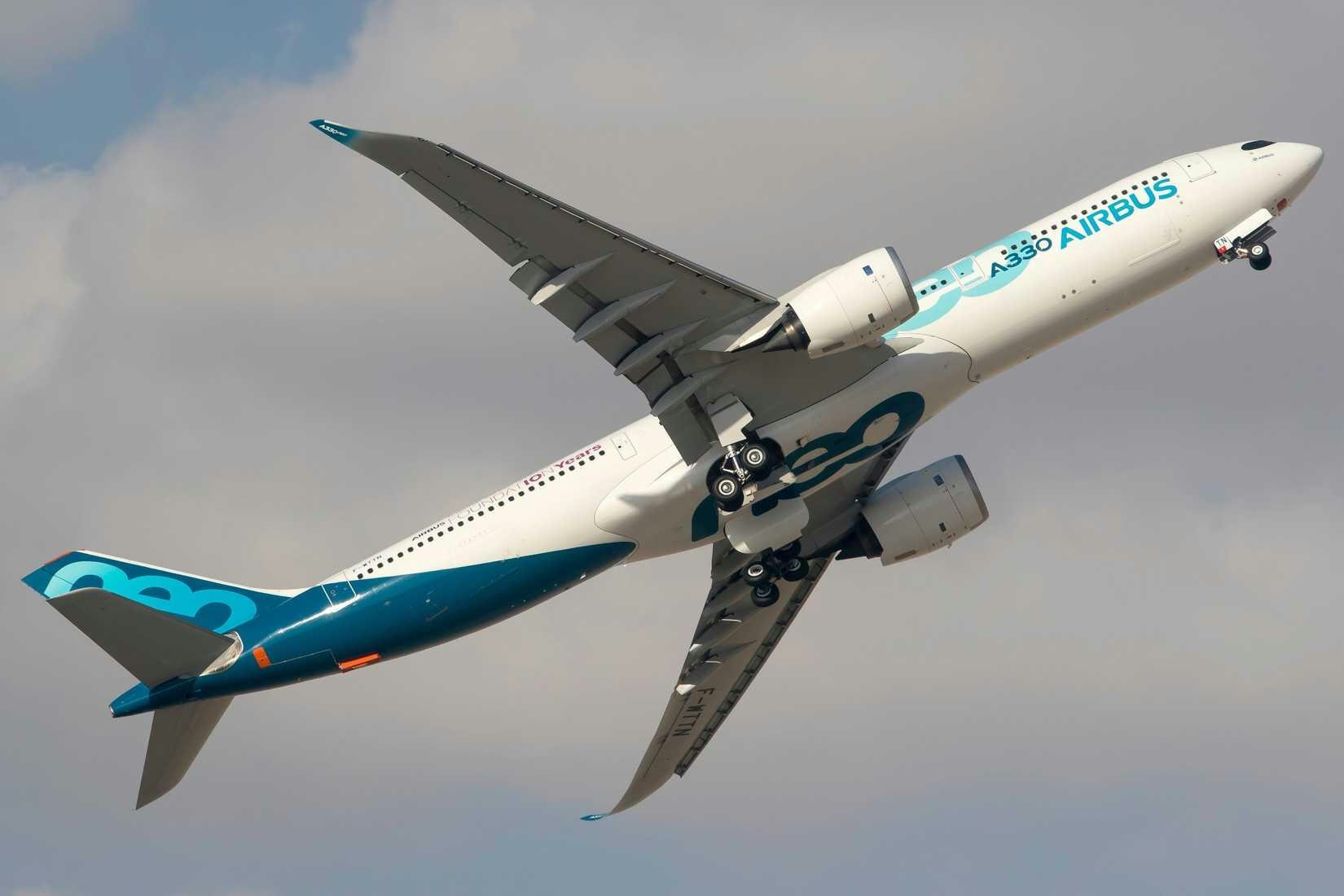
GOL CEO Confirms Possible Arrival of A330neo Widebody Aircraft
